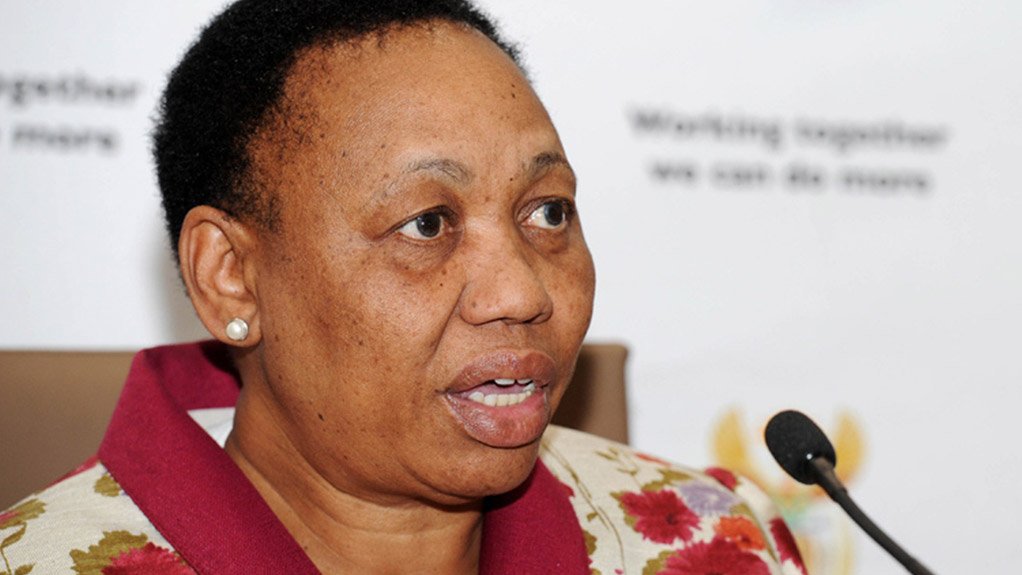The circumstances of underperforming schools must first be understood before a decision is taken to fire their principals, Basic Education Minister Angie Motshekga said on Tuesday.
The problem was not as simple as it seemed, and there were multiple factors which may have played a role in the results.
"Some of the problems are caused by us and the communities," Motshekga said on the sidelines of a basic education lekgotla in Pretoria.
She was responding to a call President Jacob Zuma made during his speech that principals and management at schools with 0% matric pass rates be held accountable.
"We must not allow any room in the public service for ineptitude and incompetence," Zuma said.
Motshekga said provincial departments had been instructed to close all schools deemed unviable. However, due to a lack of information, most residents and parents resisted this, bringing the process to a halt.
"If a school has got five matriculants, you can’t provide for them. No teacher can teach nine matric subjects and, because by law, we can’t do it without the concurrence of communities, it has been a big issue. That’s one of the main causes of these 0% results."
Another contributing factor to the dismal results was what Motshekga described as "dysfunctional schools which are serial underperformers".
In such cases, she had asked that the provinces responsible to furnish her with reports on what they were doing to fix the problems.
She said most of the unviable schools were in three provinces: the Eastern Cape, KwaZulu-Natal, and Limpopo. Each school would be dealt with on a case-by-case basis.
"If it’s a principal who is underperforming because the province had not supplied the principal with teachers, I can’t blame the principal and say, 'principal you are going'."
In one case, she had met a principal whose school had achieved a 12% pass rate in the previous academic year. He told her that in the next year, his pass rate would be 0% because he did not have half the staff he needed to teach his pupils.
The problem could lie either with the province, a community stopping the department from closing a school, or the principal, she said.
"But if it’s a principal, the province has to act because they are the ones who employed the principal."
EMAIL THIS ARTICLE SAVE THIS ARTICLE
To subscribe email subscriptions@creamermedia.co.za or click here
To advertise email advertising@creamermedia.co.za or click here











